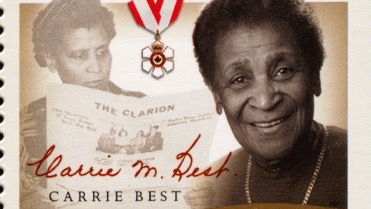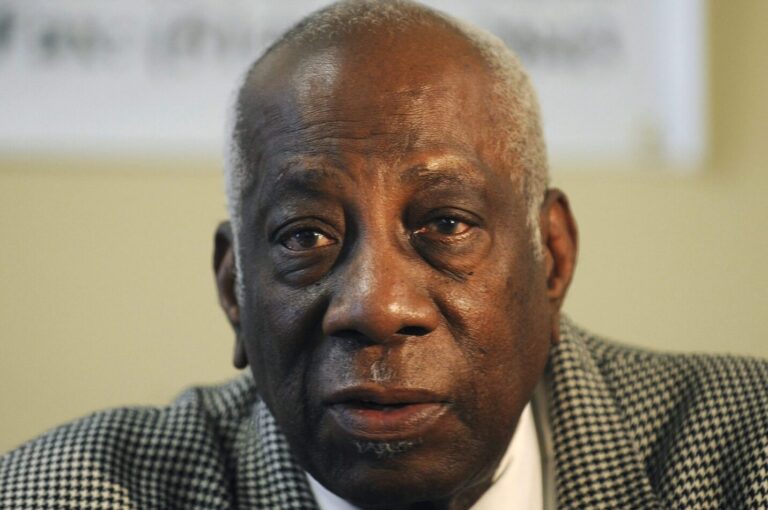Introduction
The history of Black enslavement in Canada begins with Olivier Le Jeune, the first recorded enslaved African in New France. Though the exact number of British ships carrying enslaved Africans to the New World remains uncertain, historical records provide insight into the life and legacy of Olivier Le Jeune, a young boy who was taken from Africa and sold into slavery in the early 17th century.
Arrival in New France
Olivier Le Jeune was believed to have been around six years old when he was brought to New France in 1629 aboard a British ship. He was enslaved by Sir David Kirke, a privateer acting on behalf of King Charles I of England. Kirke, along with his brothers, conducted raids to weaken French control over the colony. After successfully capturing Quebec, Kirke sold the young boy to Olivier Le Baillif, a French clerk who collaborated with the English.
Transfer and Baptism
In 1632, following the return of Quebec to French rule, Le Baillif left the colony and transferred ownership of the boy to Guillaume Couillard, a prominent settler. It is unclear whether Couillard purchased the boy or was given him as a gift. Under Couillard’s household, the child was exposed to Catholic teachings and educated by Jesuit missionaries. On May 14, 1633, after months of religious instruction, he was baptized as Olivier Le Jeune—taking the first name of Olivier Le Tardif, a local official, and the surname of Jesuit Father Paul Le Jeune.
The First Black Student in New France
Le Jeune became the first recorded Black student in New France. His interactions with the Jesuits were documented in their journals, offering a glimpse into his thoughts and fears. One notable passage recounts how he hesitated before baptism, fearing that his skin would have to be “flayed” to make him white like the French colonists. This moment highlights the deep psychological impact of racial identity in the colonial context.
Legal Troubles and Imprisonment
At the age of 15, Le Jeune became the first recorded Black prisoner in Quebec. In 1638, he was accused of defamation for falsely claiming that a colonial interpreter, Nicholas Marsolet, had received a letter from Le Baillif, who was by then considered a traitor. Le Jeune was ordered to publicly apologize and was sentenced to spend 24 hours in chains, making him the first recorded Black individual to be imprisoned in the colony.
Later Life and Death
Little is known about Le Jeune’s later life. Historical records describe him as a “domestique,” a term often used in New France to refer to enslaved individuals. It remains uncertain whether he died as an enslaved person or as a free man who chose to stay in service. He passed away on May 10, 1654, in his early thirties. His burial record did not clarify his status at the time of his death.
Legacy and Recognition
Olivier Le Jeune’s life marks the beginning of Black enslavement in Canada. Historian Marcel Trudel described him as “the only one of his kind in Canada” at the time, underscoring the rarity of recorded Black individuals in the colony’s early years.
In 2020, the Quebec government designated Olivier Le Jeune as a historical person, recognizing his significance in Canadian history. In 2022, the federal government also acknowledged him as a national historic person, ensuring that his story remains part of Canada’s historical narrative.
Olivier Le Jeune’s life serves as an essential reminder of Canada’s early involvement in the transatlantic slave trade. His story sheds light on the complexities of race, identity, and colonial power structures in New France, laying the groundwork for a broader discussion on Black history in Canada.



